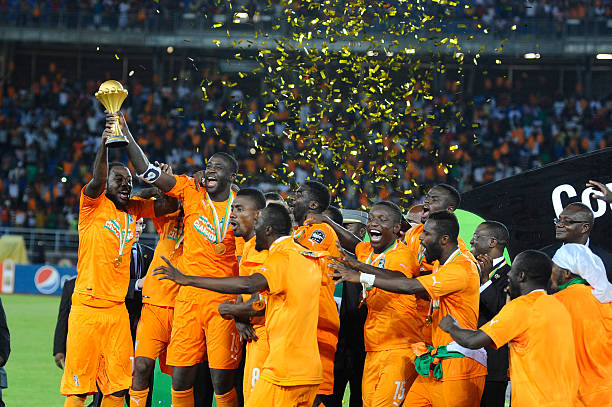
FIFA rankings serve as a global benchmark for assessing national teams’ performances, yet many football fans and analysts believe the system undervalues African teams. Despite their talent, history, and competitive performances, African nations often find themselves ranked lower than their European or South American counterparts.
So, how do FIFA rankings actually work, and why do African teams seem to be at a disadvantage? This article breaks down the ranking system and explains the factors that contribute to Africa’s perceived underappreciation in global football rankings.
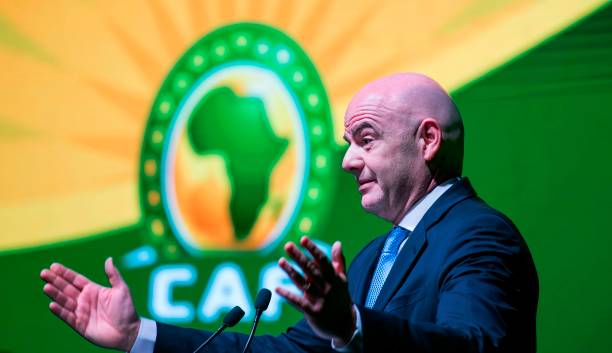
How FIFA Rankings Work
FIFA rankings are based on a points system that evaluates a national team’s performance over a period of time. The current system, introduced in 2018, follows a modified Elo rating system, where teams gain or lose points after each game based on several factors:
- Match Result – Wins earn more points than draws or losses.
- Match Importance – Competitive matches (like World Cup qualifiers and continental tournaments) carry more weight than friendlies.
- Opponent Strength – Beating a higher-ranked team earns more points than defeating a lower-ranked one.
- Regional Strength – Wins against teams from traditionally strong confederations (UEFA and CONMEBOL) are weighted more heavily than those against teams from CAF, AFC, or CONCACAF.
- Home vs. Away Factor – Away wins are given more value than home wins.
After each match, the new points are calculated and added to the team’s existing total, determining their new rank.
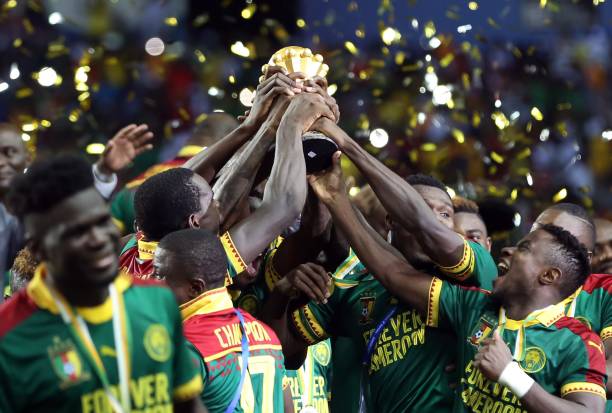
Why African Teams Are Consistently Underrated
Despite producing world-class talent and competitive teams, African nations rarely break into FIFA’s top 10 rankings. Several factors contribute to this issue:
1. Limited High-Profile Matches Against Top Opponents
African teams do not get as many opportunities to play against higher-ranked European or South American teams. UEFA and CONMEBOL nations often schedule friendlies among themselves, boosting their rankings, while African teams mostly compete within their own confederation. Since FIFA assigns more weight to wins against stronger opponents, African teams miss out on crucial ranking points.
Example: A victory against Brazil or France carries significantly more ranking points than a win over an African or Asian team. However, African teams rarely get such opportunities due to scheduling, travel logistics, and political factors.
2. Regional Weighting Disadvantages African Nations
The FIFA ranking system assigns a higher weight to victories against teams from stronger confederations. Since CAF (Africa) is historically considered weaker than UEFA (Europe) and CONMEBOL (South America), wins against fellow African teams do not contribute as many points as wins against European or South American teams.
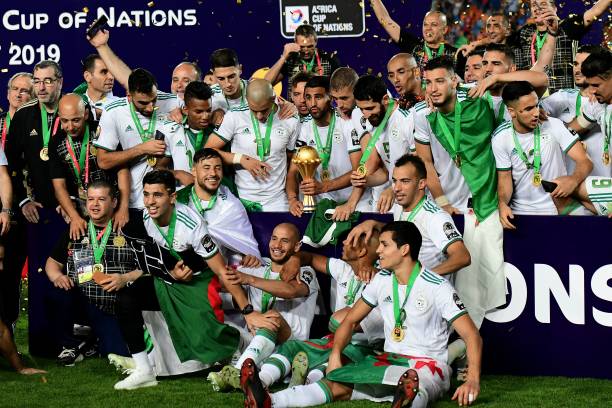
Example: If Senegal beats Morocco, they earn fewer ranking points than if Italy beats Croatia, even if both teams are similarly ranked.
3. Fewer Competitive Tournaments Compared to Europe and South America
UEFA has the UEFA Nations League, Euro Qualifiers, and World Cup Qualifiers, all of which are highly competitive and carry significant ranking weight. Meanwhile, CAF teams mostly play AFCON qualifiers and World Cup qualifiers, with fewer opportunities for high-ranking points.
The UEFA Nations League, in particular, gives European teams an advantage. Instead of playing friendlies, European teams compete in this structured league, which carries more weight in rankings. Meanwhile, African teams still play traditional friendlies, which FIFA ranks lower in importance.
CHECK OUT TOP 3 FREE BETTING PREDICTION SITES
Accuratepredict.com Soccerpredictions.net Betloy.com
4. Inconsistent Scheduling & Poor Organization
Many African teams struggle with administrative and logistical challenges, leading to missed FIFA-friendly windows, lack of proper preparation, and inconsistent team performances. FIFA ranking points favor teams that play regularly and against strong competition.
Example: Nigeria, despite being one of Africa’s strongest footballing nations, has often had inconsistent preparation for major tournaments, affecting their FIFA ranking.
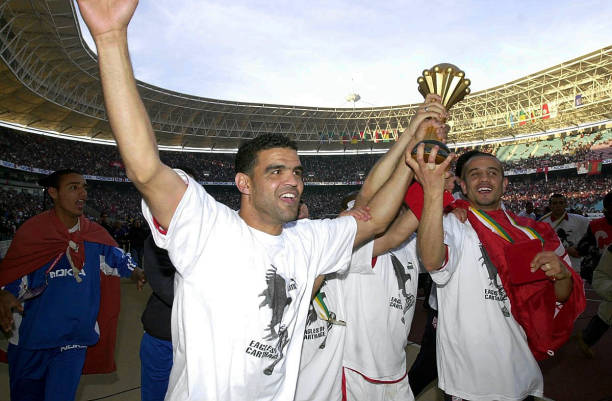
5. Underrating of African Competitions
AFCON (Africa Cup of Nations) is one of the most competitive tournaments in international football, yet it does not carry as much ranking weight as the UEFA European Championship or Copa América. The quality of African football is often overlooked, and as a result, wins in AFCON are valued lower than wins in European competitions.
Example: A team winning AFCON earns fewer FIFA ranking points than a team reaching the quarterfinals of the Euros.
The Impact of Low Rankings on African Football
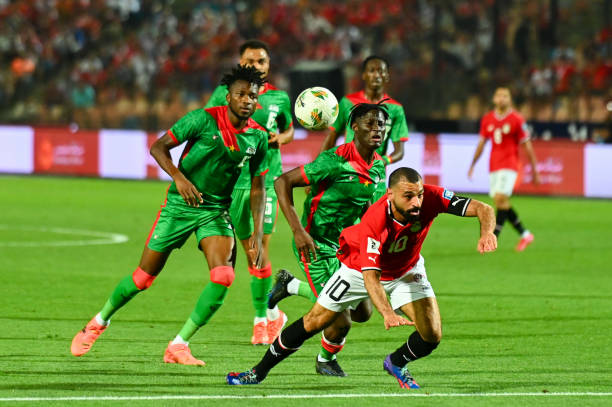
Being ranked lower in FIFA’s rankings has several negative consequences for African teams:
- Tougher World Cup Draws – FIFA uses rankings to determine seeding for World Cup draws. Lower-ranked African teams often get placed in difficult groups, reducing their chances of advancing far in the tournament.
- Less Recognition and Sponsorship – Lower rankings affect how global brands and sponsors view African football, reducing investment in the sport.
- Limited Match Opportunities – Higher-ranked teams prefer playing against other high-ranking nations, meaning African teams often miss out on valuable friendlies against the world’s best teams.
How African Teams Can Improve Their Rankings
Despite the challenges, African teams can take steps to improve their FIFA rankings:
1. Schedule More Friendlies Against Higher-Ranked Opponents
African federations should push for more international friendlies against top-ranked European and South American teams. This will provide more opportunities to earn ranking points from high-profile matches.
2. Push for More Competitive Tournaments
CAF should introduce a competitive tournament similar to the UEFA Nations League, allowing African teams to earn more ranking points in structured, high-stakes matches rather than relying on friendlies.
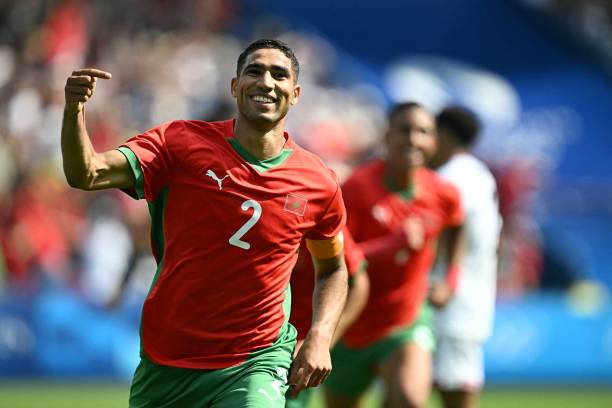
3. Improve Football Infrastructure & Organization
Better management, preparation, and planning will help African teams perform more consistently in international competitions, leading to improved rankings.
4. Encourage European-Based African Players to Participate in National Team Games
Many African players in top European leagues hesitate to play in lower-ranked qualifiers due to poor organization. Federations must create an environment that encourages participation.
Conclusion: African Teams Deserve Better Recognition
African football is filled with talent, history, and passion, yet FIFA’s ranking system continues to place African teams lower than they deserve. While the ranking formula may be mathematically fair, the structural disadvantages—such as fewer matches against elite teams, regional weighting biases, and a lack of high-profile tournaments—hold African teams back.
SUGGESTED FOR YOU
“Champions League Blow: Will Ademola Lookman Recover in Time for Atalanta vs Club Brugge?”
For African nations to climb the FIFA rankings and earn the respect they deserve, federations must be proactive in securing competitive matches, improving organization, and advocating for structural reforms in international football rankings. Until then, African teams will continue to punch above their rankings, proving on the pitch that they are much stronger than FIFA’s numbers suggest.









